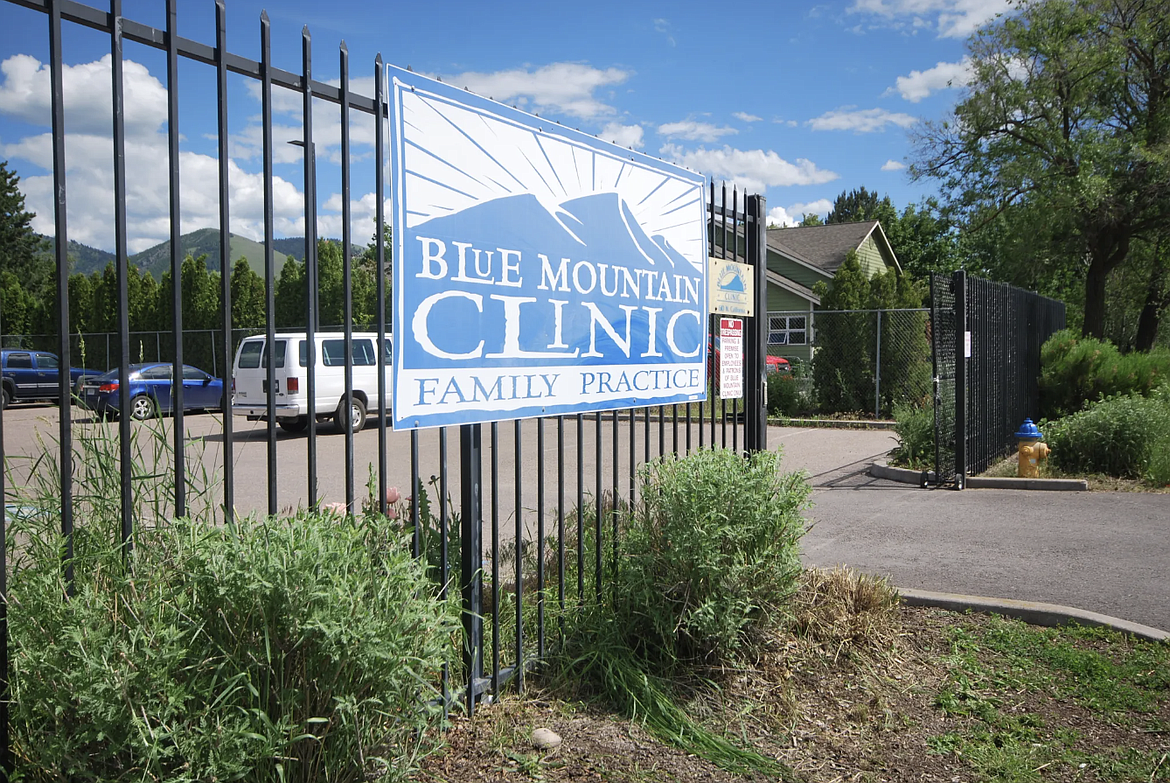Abortion clinics sue state over new restrictions
Montana abortion providers on Friday sued the state health department in an attempt to block a new rule adopted by the Gianforte administration’s health department that restricts how the state will pay for abortions through its Medicaid program.
The 34-page complaint, filed on behalf of Planned Parenthood of Montana, All Families Healthcare and Blue Mountain Clinic, argues the new rule “has the purpose and effect of depriving low-income Montanans of access to abortion” and conflicts with the Montana Constitution, state legal precedent and the state procedures for adopting new rules...
Become a Subscriber!
You have read all of your free articles this month. Select a plan below to start your subscription today.
Already a subscriber? Login



